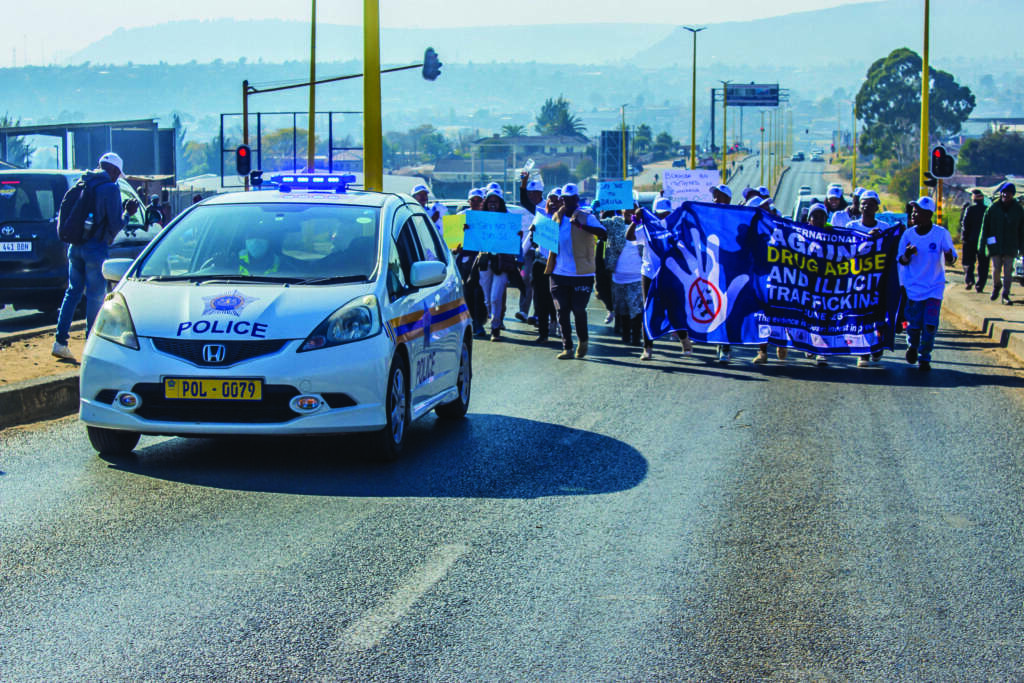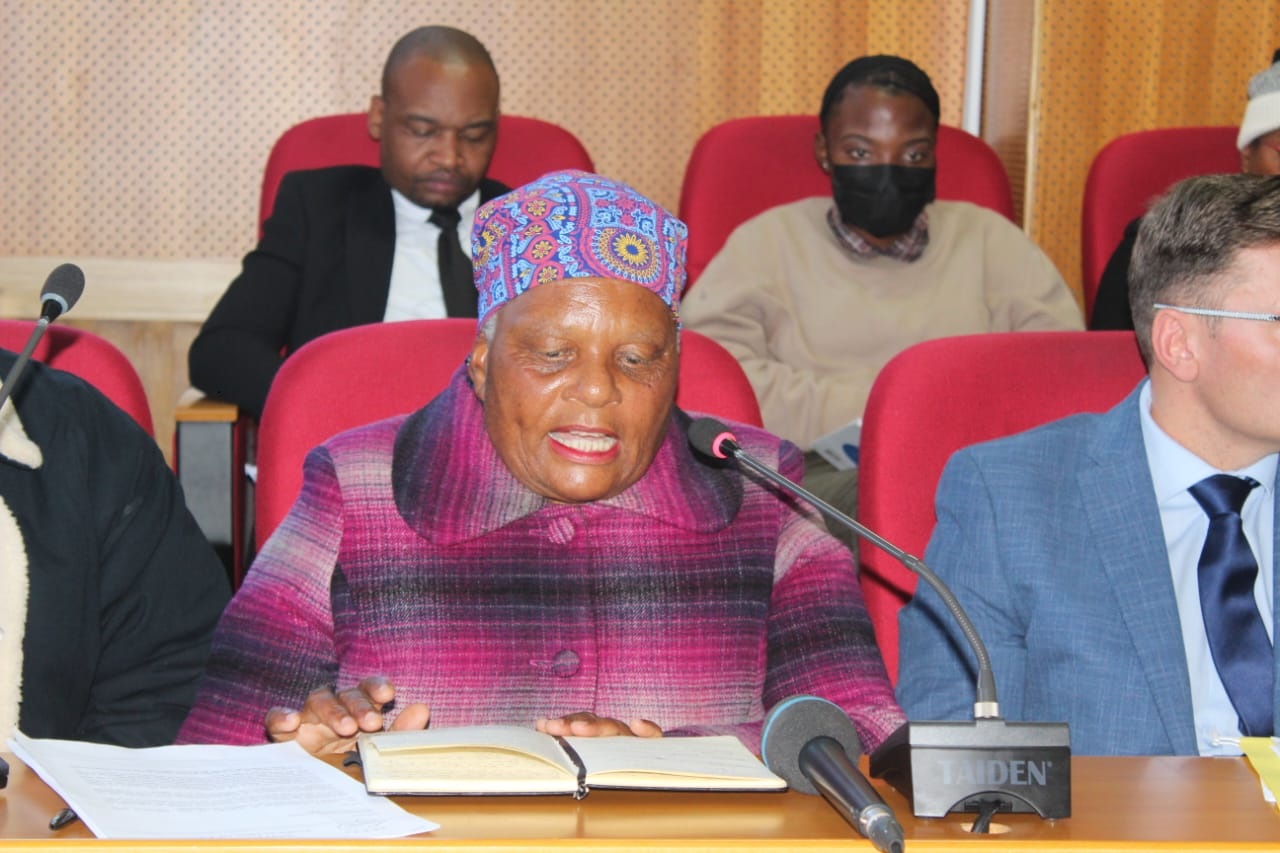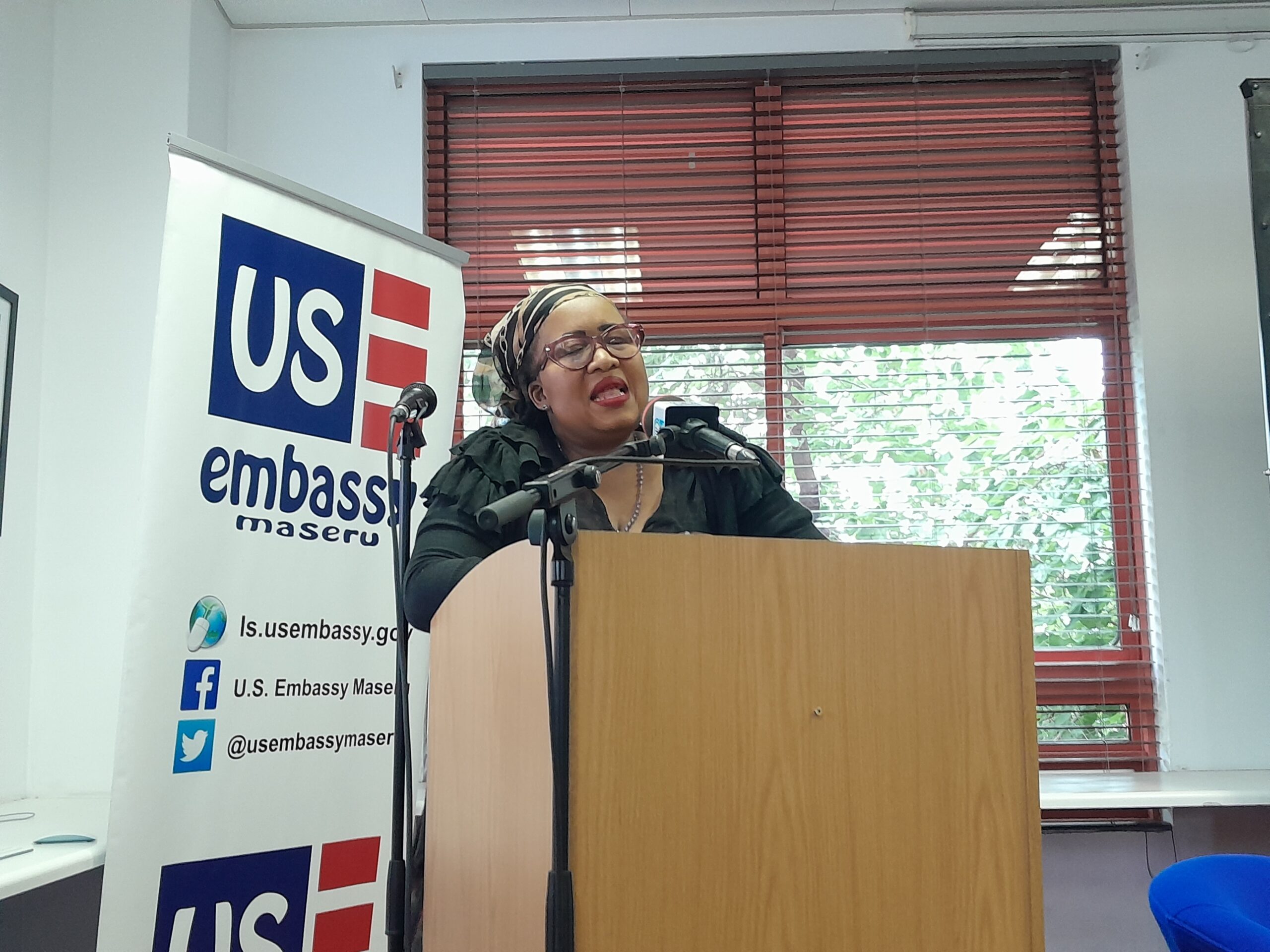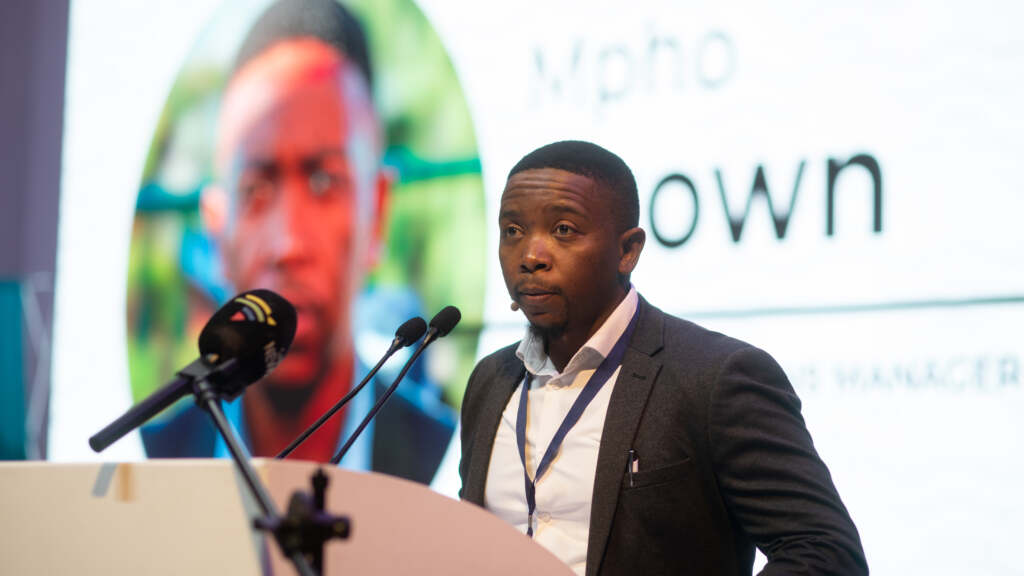…as Lesotho marks World Drug Day
Bereng Mpaki
The Southern African Alcohol Policy Alliance Lesotho (SAAPA) has called for a ban on the advertisement of alcohol products to control alcohol abuse, especially among the youth.
SAAPA also wants the availability and affordability of alcohol products to be curtailed as part of the national efforts to combat the drug use problem within communities.
An organisation that promotes harmonisation and acceleration of evidence-based alcohol policy development and implementation within the Southern Africa region, SAAPA joined various organisations in Lesotho in adding their voices to raise awareness of about the perils of drug abuse during the commemoration of the International Day against Drug Abuse and Illicit Trafficking.
Sunrise Rehabilitation Centre, Anti Drug Abuse Association of Lesotho (ADAAL), Mokhosi Oa ‘Mangoana (MOM), Khubetsoana Anti-Drug Initiative (KADI), Gents with Brains, SAAPA and others marched through the city of Maseru to raise awareness about the scourge of drug abuse.
The International Day against Drug Abuse and Illicit Trafficking, or simply World Drug Day, is marked on 26 June every year to strengthen action and cooperation in achieving a world free of drug abuse.
Under the theme: The evidence is clear: invest in prevention, this year’s World Drug Day campaign recognises that effective drug policies must be rooted in science, research, full respect for human rights, compassion, and a deep understanding of the social, economic, and health implications of drug use.
SAAPA Lesotho’s Country Liaison Officer, Lisebo Kose, called for the expedition of the National Alcohol Policy development as a prohibitive measure against alcohol and drug misuse. Her organization wants the policy to ban alcohol advertisements and make it difficult for the youth to access alcohol and other drugs.
Kose said the alcohol policy document has been laid in draft form for many years without notable progress to finalise it for implementation. The policy was drafted by the Ministry of Health back in 2013.
“We want a ban on alcohol advertisement, as has been done with the banning of tobacco products. Advertising hurts the youth, who may be enticed to try alcohol after observing their role models using it in the advertisement,” Kose said.
She also wants increased enforcement of laws that regulate liquor trading, to compel public drinking places to operate for limited periods and be located away from key human development institutions like schools and health centres.
“Laws regulating the operation of public drinking places should be strictly enforced as they are currently there are existing enforcement gaps, which allow the youth to access alcohol. Drinking places are also often placed too close to schools and health centres, which exacerbates the drinking problem.”
A national crisis of substance abuse
Chaba Mokuku, a member of the advisory council of Sunrise Rehabilitation Centre, described the broader drug abuse problem in the country as a national crisis. He equated the drug use problem with major nationwide challenges such as unemployment and poverty.
Mokuku said drug abuse has far-reaching consequences such as mental health, family and social disorientation, and burdens the healthcare system. He believes earlier intervention measures supported by different civil society players; hold the key to combating the problem.
“Today therefore marks the beginning of bigger and better things to come in developing national relevant awareness programmes as the civil society. It marks the beginning of bringing together our collective, varying skills to shape and change our country for the better,” Mokuku said.
On her part, Sebabatso Potsane Mokuku, the Chief Executive Officer of Sunrise Rehabilitation Centre, also called for collaborations by different stakeholders in fighting the drug abuse problem.
Based in Maseru within the St. John’s Anglican Church compound, Sunrise is a rehabilitation centre for drug and alcohol addiction. It offers different support services that include rapid testing; referrals for inpatient treatment to partnering drug rehabilitation clinics in Johannesburg; outpatient treatment; family support and counseling; group therapy and aftercare services.
It also provides awareness and tailored school programmes and; the development of substance use disorder policies for public and private institutions. The centre also offers training and consultancy services on addiction.
Summary
- An organisation that promotes harmonisation and acceleration of evidence-based alcohol policy development and implementation within the Southern Africa region, SAAPA joined various organisations in Lesotho in adding their voices to raise awareness of about the perils of drug abuse during the commemoration of the International Day against Drug Abuse and Illicit Trafficking.
- invest in prevention, this year’s World Drug Day campaign recognises that effective drug policies must be rooted in science, research, full respect for human rights, compassion, and a deep understanding of the social, economic, and health implications of drug use.
- Chaba Mokuku, a member of the advisory council of Sunrise Rehabilitation Centre, described the broader drug abuse problem in the country as a national crisis.

Your Trusted Source for News and Insights in Lesotho!
At Newsday Media, we are passionate about delivering accurate, timely, and engaging news and multimedia content to our diverse audience. Founded with the vision of revolutionizing the media landscape in Lesotho, we have grown into a leading hybrid media company that blends traditional journalism with innovative digital platforms.









